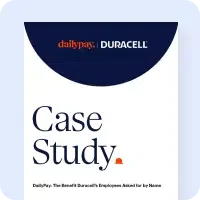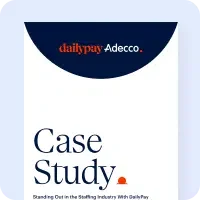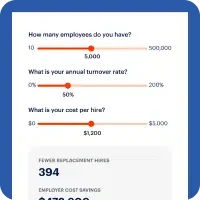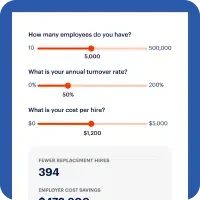Many who want access to their pay before payday are told by providers that they need to allow access to the bank account where their payroll direct deposits are made.
It may seem innocuous, and it is a legal and somewhat normal way of doing business nowadays, but there are pitfalls, and such a requirement should not be necessary to access your pay before payday.
We are sharing our financial information all the time. Often we don’t understand just how much access into our personal finances we are allowing entities to have. On-demand pay providers that require the debiting of bank accounts to take back the money provided before payday can create problems for their clients on two main levels.
First, “people don’t realize they may be enabling some third parties to view ALL their financial data when they agree to authorize them, say, as a requirement to get an advance in pay,” according to DailyPay Vice President of Payments, Gary Pearcy. (Note: DailyPay does not require such authorization for employees to begin receiving pay in advance of payday.)
Speaking during the Dec. 11 The Source by DailyPay podcast, Pearcy said not only can these unregulated entities “see everything that person has in that online banking world, but they have the ability to move money, which is really dangerous.”
Unregulated? Banks themselves are not a problem here because they are “heavily regulated,” and part of their job is to “protect their customers’ information,” Pearcy said.
The problem is many people are allowing broad account access to nonregulated entities. “This is common,” he said, and while most of these entities are prudent in their access there is no formal oversight into their behavior. “This is frightening,” he said.
But that’s not all. There is another way that those with access to user bank accounts can “harm their customer,” Pearcy said.
Complaints have been reported regarding the premature debiting of bank accounts to recover on-demand pay amounts before payday occurs. This can put an account holder into a negative balance which then “certainly results in overdraft fees,” Pearcy said. These businesses “may not have their customers financial well-being at heart.”
It is “not our practice at DailyPay to debit accounts,” Pearcy said. The employee clients of DailyPay simply redirect their direct deposit so that on payday, DailyPay can receive it, remove any amounts paid prior to payday plus an ATM-like fee, and instantly send the remainder to the employee’s bank account of choice.
DailyPay’s on-demand pay process does not demand employees authorize bank account access, which should not be necessary in order for employees to get access to earned pay before payday.













